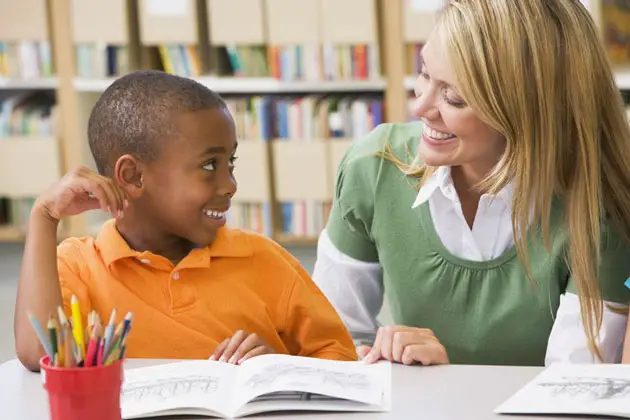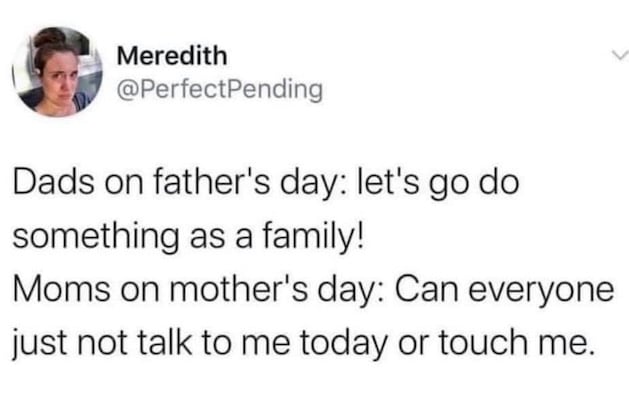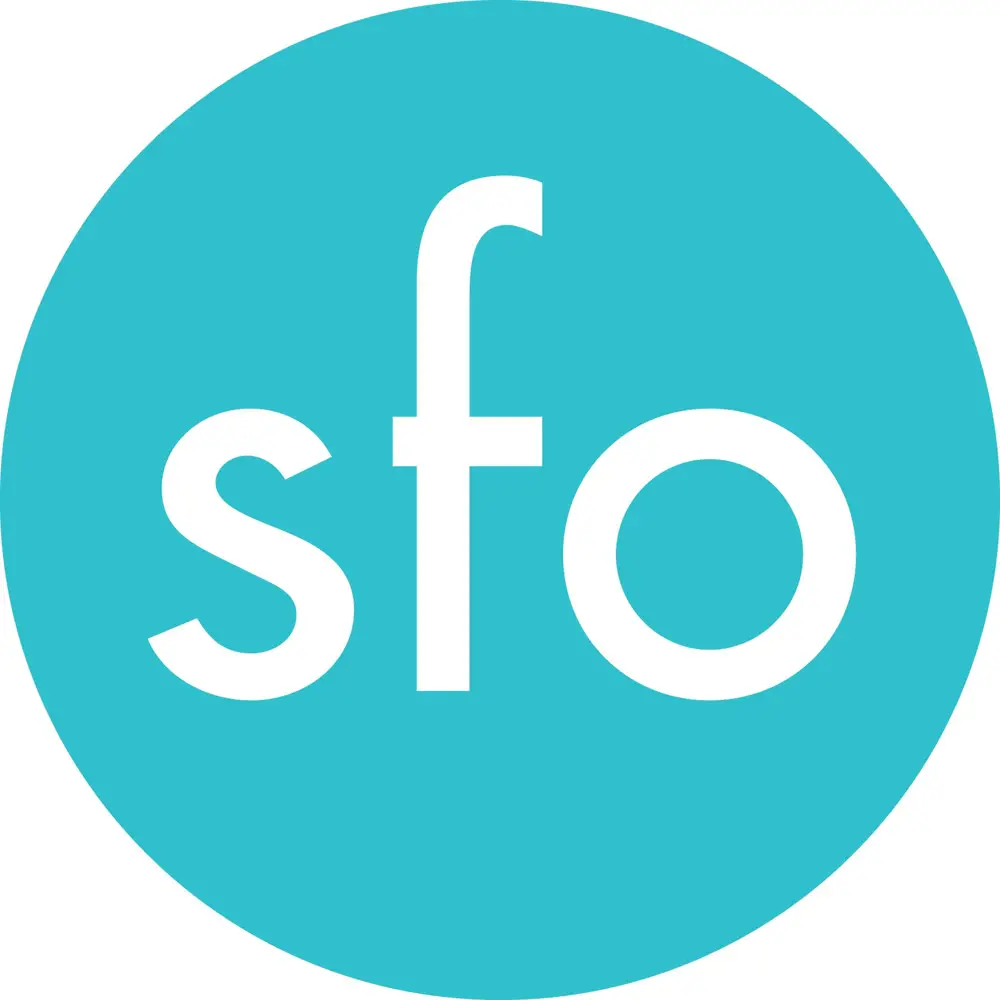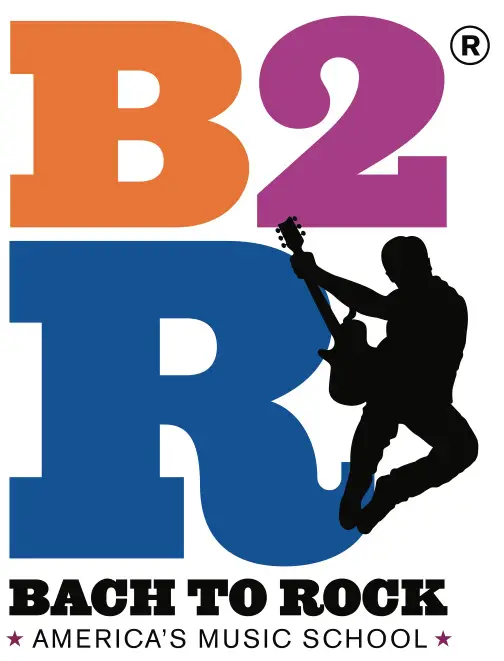Get the Best Winter Activities
BIP
Behavior Intervention Plan: usually created based off the results of an FBA, taking potential social, environmental, and emotional causes into consideration.
FAPE
Free Appropriate Public Education: The responsibility of a public school to provide an education that is “appropriate” to a child’s individual needs
FBA
Functional Behavioral Assessment: This assessment looks at behavior that affects a child’s learning, such as organizational skills and ability to prioritize tasks, not academic abilities per se.
IEP
Individualized Education Program: A legally-binding document to set yearly goals for the child, including accommodations, modifications, and assistive technology
LRE
Least Restrictive Environment: Children with disabilities have to be educated alongside non-disabled peers to the extent that it’s practical.
Modification
An adjustment in the expectations of an assignment based on the child’s needs (such as shortening an essay test for a child who has trouble with handwriting, or making a 20-math-question homework assignment 10 questions)
PLAAFP
Present level of academic achievement and functional performance: You’ll see this acronym in your child’s IEP.







.jpg)

